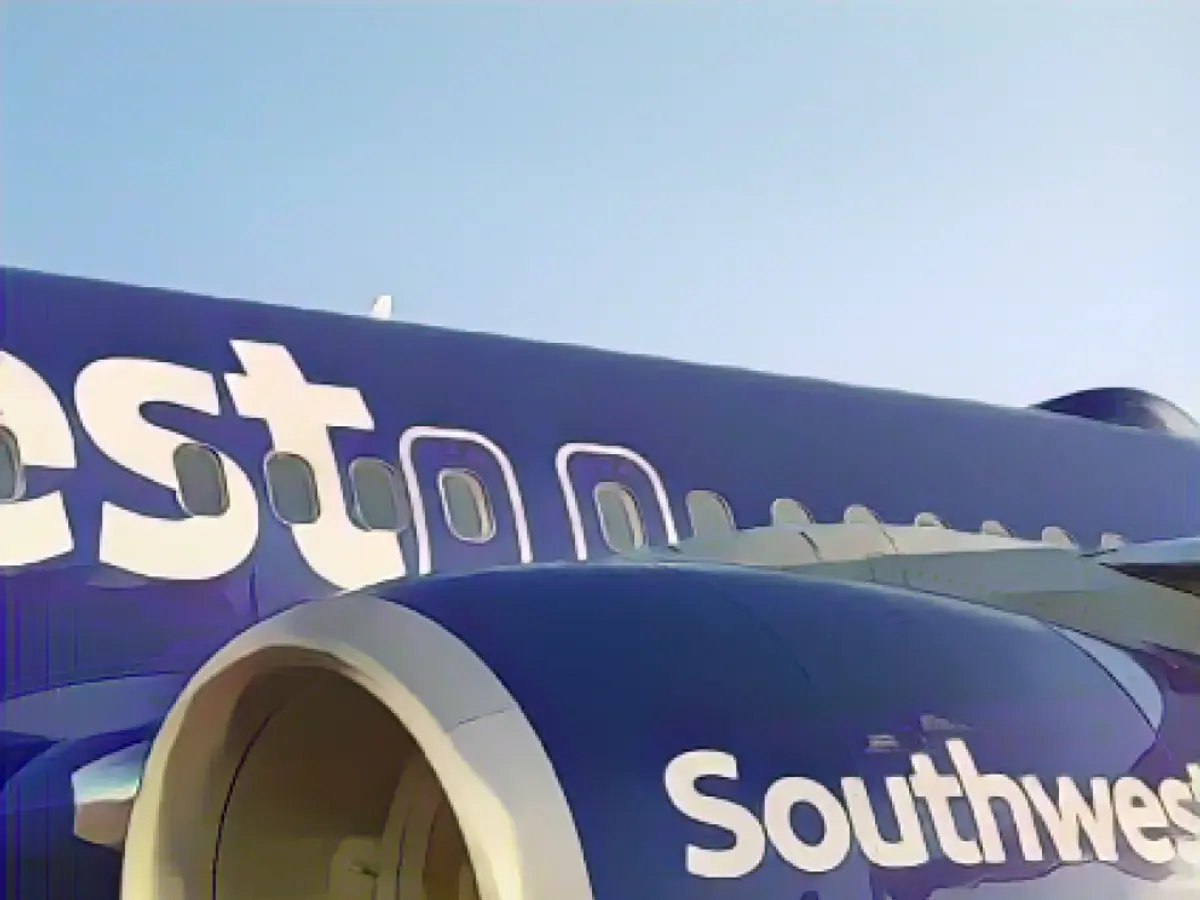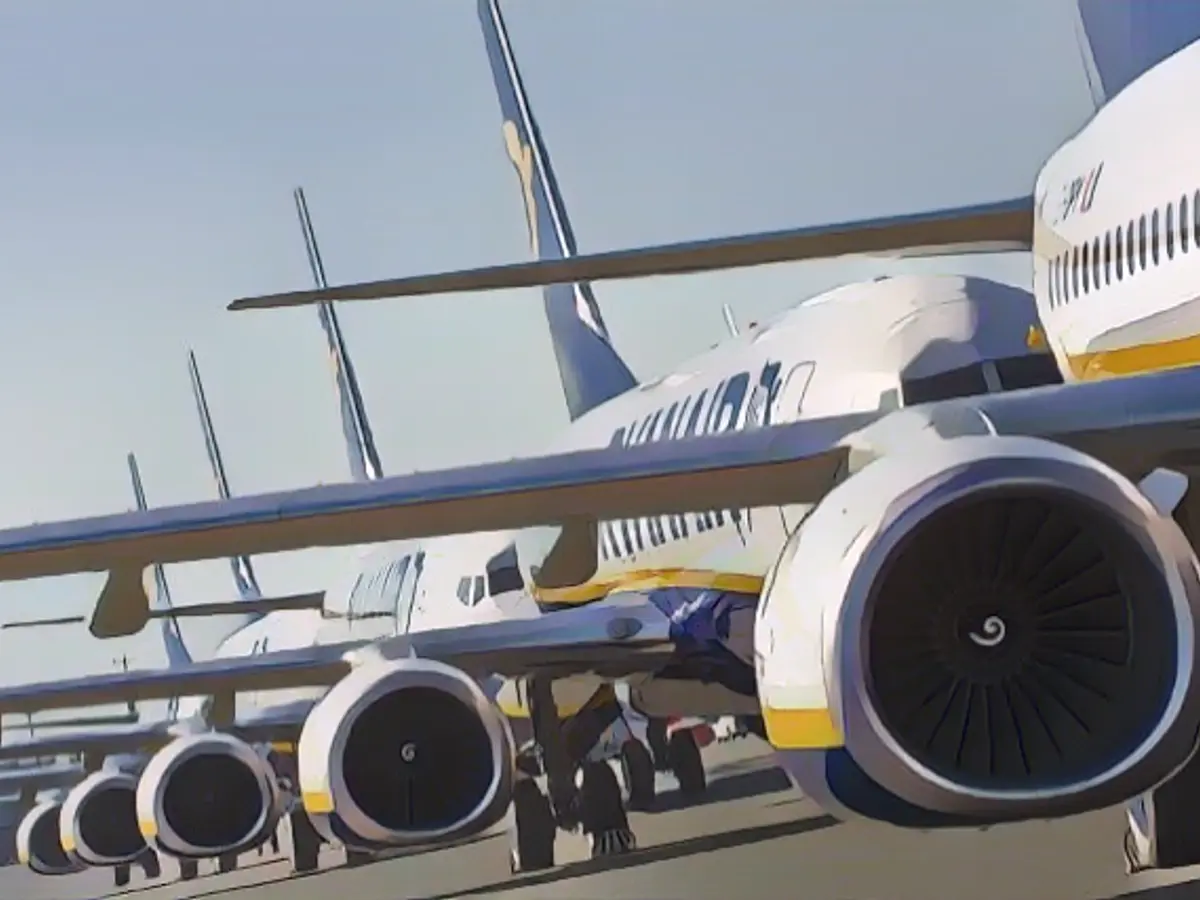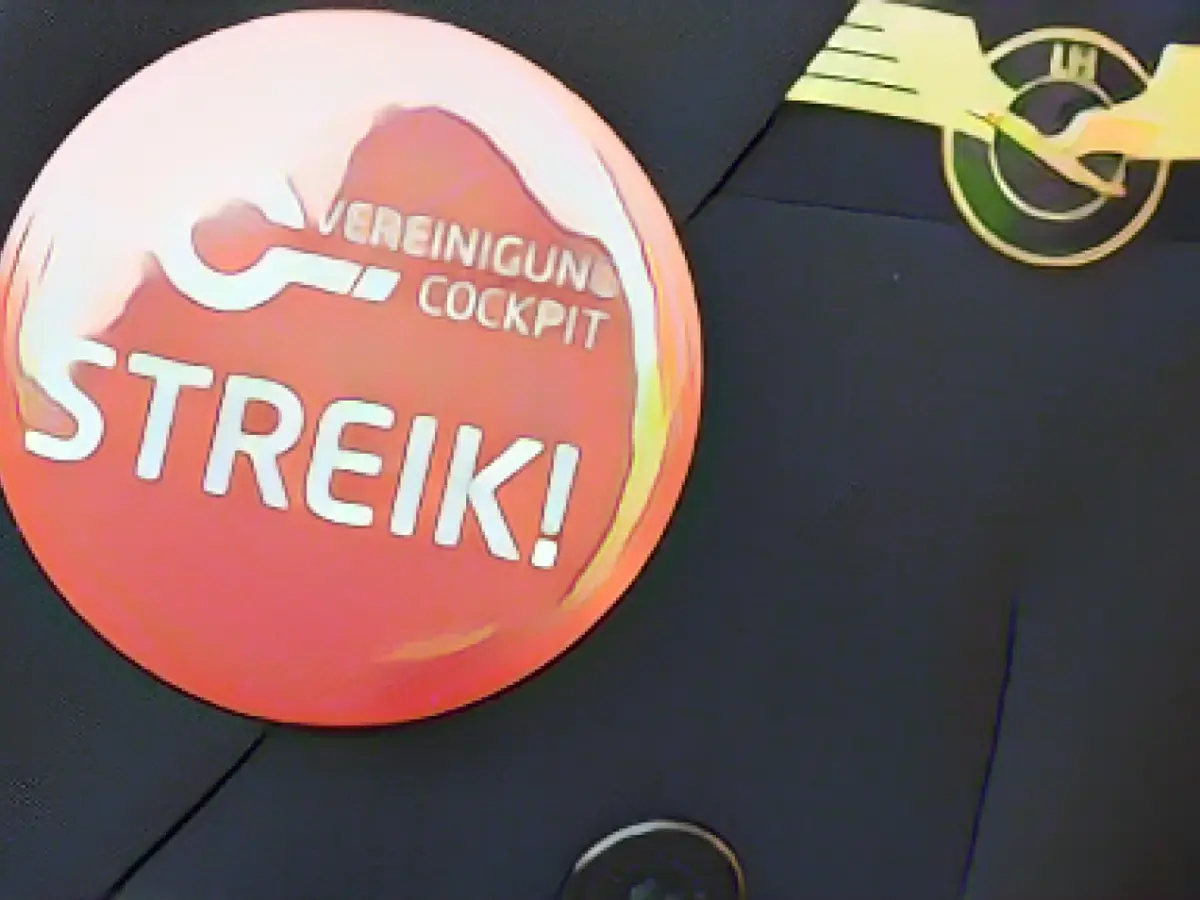The engines scandal
The globe's top-tier aircraft engines, the CFM56, manufactured by CFM, a joint venture between GE Aerospace and Safran Aircraft Engines, have come under question due to counterfeit parts. These engines power around 30,000 Boeing 737 and Airbus A320 aircraft globally.
Unveiling the first clue
June 21 brought forth the first trace of suspect engine spare parts in a TAP Air Portugal jet. Technicians performing maintenance work raised eyebrows at an older-than-claimed damper, sourced from AOG Technics. CFM failed to identify the component, fueling suspicions about forged parts and documents.
More cases surface
Over the summer, more counterfeit parts and documents emerged during maintenance work across various international airlines, including United, Delta, Southwest (USA) and Virgin Australia (Australia). Approximately 140 aircraft faced temporary groundings as a result. Recently, Ryanair confirmed it had recently replaced suspicious parts in two Boeing 737s.

The investigation's focus
Investigators zeroed in on AOG Technics, a relatively new British company that supplied all counterfeit parts and documents discovered. With offices in London, AOG Technics serves as a significant spare parts supplier worldwide.
In response, aviation authorities worldwide urged airlines and maintenance companies to check their warehouses and documents for any deliveries from AOG Technics. The FAA and the UK's CAA had already identified numerous counterfeit parts installed in British aircraft engines.
Allegations against AOG Technics
AOG Technics faces accusations of selling used parts as new, endangering passenger safety on planes equipped with affected engines. The company reportedly rented a virtual "ghost office" near Buckingham Palace and misrepresented employees via fake profiles to enhance its image.
While aviation part design and manufacturing require special licenses, setting up warehouses and distributing spare parts does not, making it easier for unscrupulous players to exploit the system.
Ryanair CEO, Michael O'Leary, has explicitly called for tighter checks on third-party engine spare parts following the scandal.
Background information
Aircraft spare parts are always registered and provided with official certificates, known as Authorized Release Certificates (ARC), issued by manufacturers.
Enrichment Data
The current state of the ongoing investigation into AOG Technics and the counterfeit CFM56 engine parts scandal involves:
- Over 86 fraudulent documents for various engine part numbers discovered across various airlines, prompting alarms about significant risks associated with aircraft safety.
- The regulatory system's criticism regarding allowing such incidents to occur despite proper documentation checks, emphasizing the need for enhanced authentication methods.
- Investigation leading to officials from Libyan Airlines and Afriqiyah Airways detention for using fake aircraft parts and neglecting routine maintenance, underlining failing inspections and intentional substitution of non-compliant parts.
- Ongoing efforts by companies like Alitheon to develop digital fingerprinting technologies to track and authenticate components across supply chains, aimed at minimizing the incidence of counterfeit products.
The scandal underscores the need for more stringent measures and improved oversight in the aviation industry to prevent catastrophic consequences from counterfeit engine components, such as mid-air emergencies and airplane accidents.





